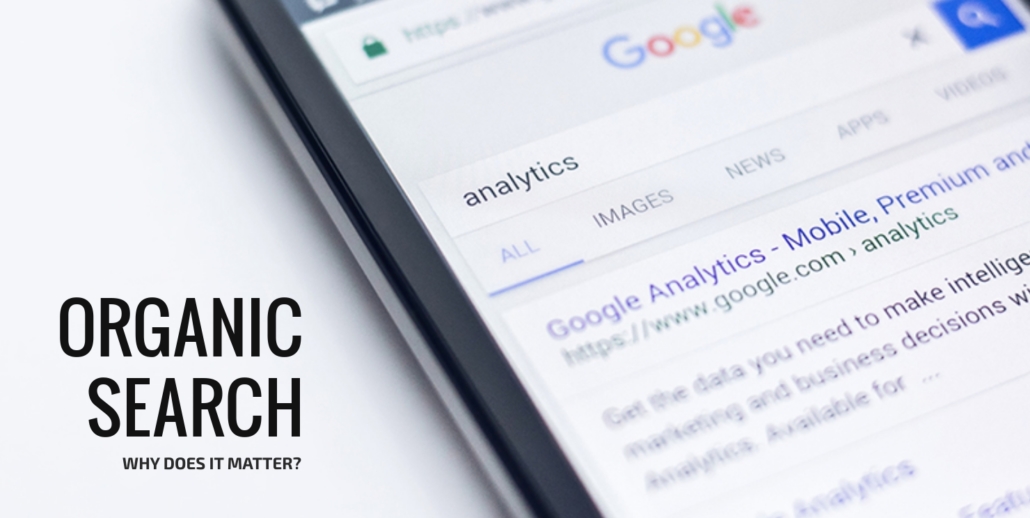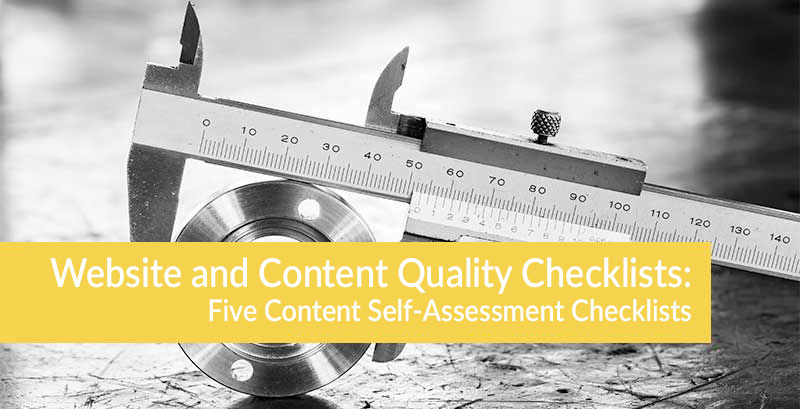What does Google want? This question can feel like a riddle.
Does Google want faster website speed, more links, better research, longer or shorter blogs and articles, smarter keywords, images and charts, or is it none or all of the above?
The right answer to this is yes and no, or it depends. It depends on your website, your niche, your readers, and want you want your website and content to do.
At its most basic, your website needs to have high quality content, a clean design, and contact information. Getting this right is not easy. What exactly is high quality content? What makes a website design clean? What is the best type of contact information?
You’re not alone in your challenge to figure out what Google wants and how to deliver it. We get asked weekly, about how to give Google what it wants and how to rank higher.
In this blog, we answer these questions with a focus on understanding content marketing, a review of E-A-T, YMYL, and Google Page Experience, and nine actions on how to optimize your content and website for Google.
What is Content Marketing?
Content marketing is long-term strategy that uses content to create a relationship with your target audience. Core to a successful content marketing strategy is using high-quality content to connect with your readers and customers.
Content marketing includes content available on your website, social media channels, YouTube, podcasts, infographics, paid ads, and more. When done well, content marketing builds brand awareness, drives sales, educates readers, and fosters customer loyalty.
SEO is essential to supporting your content marketing strategy. Smart SEO puts your blogs, articles, website, infographics, videos, podcasts, and more in front of your target audience. By using keywords properly and getting SEO basics like meta descriptions, titles, headings, images, and search intent right – your content gets the support it needs to be noticed and ranked by Google.
Google Search: How it Works
On How Google Search Works, Google says it follows three basics steps to generate search results from web pages:
- Crawling: when Google discovers a page URL, it crawls the page to find out what is on the page. Google renders the page and analyzes both the text and non-text content and overall visual layout to decide where it should appear in Search results. The better that Google can understand your site, the better we can match it to people who are looking for your content.Google’s advice on improving site crawling, includes:
-
- Verify that Google can reach the pages on your site, and that they look correct.
- Use a sitemap to tell Google about new or updated pages.
- If you ask Google to crawl only one page, make it your home page.
- Get your page linked to by another page that Google already knows about.
- Indexing: once the page is discovered, Google tries to understand what the page is about, this is called indexing. Google analyzes the content of the page, catalogs images and video files embedded on the page, and otherwise tries to understand the page. This information is stored in the Google index, a huge database stored in many, many (many!) computers.Google’s advice on improving page indexing, includes:
-
- Create short, meaningful page titles.
- Use page headings that convey the subject of the page.
- Use text rather than images to convey content.
- Serving (and ranking): when a user types a query, Google tries to find the most relevant answer from its index based on many factors. Google tries to determine the highest quality answers, and factor in other considerations that will provide the best user experience and most appropriate answer, by considering things such as the user’s location, language, and device (desktop or phone).Google’s advice on improving serving and ranking, includes:
-
- Make your page fast to load, and mobile-friendly.
- Put useful content on your page and keep it up to date.
- Follow the Google Webmaster Guidelines, which help ensure a good user experience.
- Know the guidelines we provide our quality raters and our SEO best practices.
For effective content marketing, you do not need to be a Google Search expert, but you do need to know and adhere to the advice Google provides about search. Google wants your content and website to be found – so it’s up to you to do the work to get it found, ranked, and clicked.
What is E-A-T, YMYL, and Google Page Experience?
E-A-T, YMYL, and Google Page Experience ensure quality content that is easy to understand and access is ranked in Google search engine results.
E-A-T stands for:
- Expertise: you need to demonstrate your expert skills in your field.
- Authoritativeness: you need to demonstrate that the person writing the blog or other page content is an authority in your field.
- Trustworthiness: Google measures your website trustworthiness by analyzing your backlinks.
Google uses these E-A-T metrics to measure and quantify your website’s ability to be a leader in your field.
YMYL stands for Your Money Your Life. YMYL pages are those that could contain information that has a huge impact on your money or your life.
Google Page Experience is:
- A set of metrics that measure the user friendliness of web pages. The better the user page experience, the better your chance of a positive Google ranking.
- In May 2021, Google is making its Page Experience algorithm live. Google will be evaluating and measuring your web pages with a set of page experience metrics and its new core web vitals metrics.
In all of Google’s blog posts about the Page Experience Update and the core web vitals metrics, Google repeatedly stresses the need for website owners to deliver both high-quality content and a positive page experience.
E-A-T, YMYL, and Google Page Experience are essential to how Google views and ranks your website and content. High-quality content that is accessible, mobile-friendly, and loads quickly must drive your content marketing strategy. This is what Google wants.
How to Optimize Your Content and Website for Google
To optimize your content and website for Google do these 9 actions:
- Create High-Quality Content.The Google Page Experience algorithm and SEO best practices demand high-quality content. Make sure your content meets guidelines for E-A-T and YMYL and make sure your content delivers on search intent.
- Be Mobile-Friendly.Test your website on your mobile devices. Make sure the content is accessible and the website is useable. Remember, a quality user experience must be a top priority.
- Get Speedy.No one has the patience for a slow website. Use Google’s Page Speed Insights tool to measure your site speed.
- Use HTTPS.Google encourages people to visit sites it can validate as safe and secure. Using HTTPS gives users a safe browsing experience.
- Upload an XML Sitemap.Google uses an XML sitemap to understand what kind of content you have on your website and how pages are linked.
- Optimize Your Keywords.The right keywords help your readers and Google understand what your content and website is about. Keywords also give you insight into how you can support your readers.
- Do On-Page SEO.On-page SEO includes page formatting, keywords, website layout, content structure, links, image tags, meta descriptions and more. Getting these right is fundamental to E-A-T, YMYL, and Google Page Experience.
- Do Technical SEO.Technical SEO includes steps to make your website easy to crawl, keeps it secure and safe, delivers a positive user experience, and tells Google you have a website of value.
- Download our Google Page Experience and SEO Optimization Checklists.By following our Google Page Experience Checklist and SEO Checklist your content and website will give Google what it wants – helping you to rank better.
Giving Google what it wants should not be complicated. Google wants you to get this right.
We want you to give Google what it wants. Everyone wins when the internet is packed with high-quality, readable, accessible, and informed content.
Contact us or call us (888-241-4205) and we’ll help you give Google what it wants.
About the author
Jane Phelps is the CEO/Partner at Know Agency. Jane leads client SEO strategy and handles all aspects of in-house SEO demands. This includes providing SEO training, competitive analysis, keyword research, algorithm analysis, and the review of all new content to ensure SEO best-practices are followed. Jane holds a Master’s Certificate in Online Marketing from the University of San Francisco, is BrightEdge Certified.



